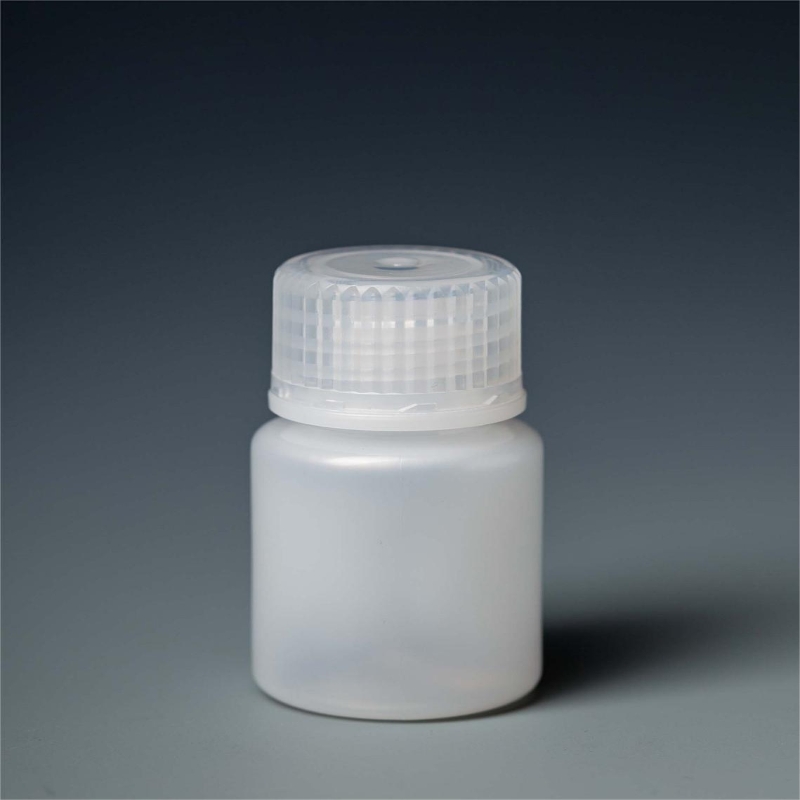-
Categories
-
Pharmaceutical Intermediates
-
Active Pharmaceutical Ingredients
-
Food Additives
- Industrial Coatings
- Agrochemicals
- Dyes and Pigments
- Surfactant
- Flavors and Fragrances
- Chemical Reagents
- Catalyst and Auxiliary
- Natural Products
- Inorganic Chemistry
-
Organic Chemistry
-
Biochemical Engineering
- Analytical Chemistry
-
Cosmetic Ingredient
- Water Treatment Chemical
-
Pharmaceutical Intermediates
Promotion
ECHEMI Mall
Wholesale
Weekly Price
Exhibition
News
-
Trade Service
August 26, 2020 /----- Based on a recent study, scientists from the Garvan Institute of Medicine have provided new insights into how the immune system produces effective antibodies.
researchers found that when "antigens" are structurally flexible, the immune system mutates their B-cells, producing finer antibodies.
results were published recently in the journal PNAS.
(Photo source: www.pixabay.com) "Our findings address the core issue of developing a vaccine, namely how the immune system produces antibodies that recognize 'exogenouss' in the 'self,'" said Professor Daniel Christ, head of co-therapeutic therapy and director of the Targeted Therapy Center.
comprehensive analysis, we found that flexible targets allow the immune system to produce antibodies that are more fine-tuned against foreign molecules, which we hope will help provide information for future vaccine designs.
"our immune system is constantly being challenged by foreign microbes such as viruses."
in order to remove the virus from the body and identify and eliminate it more quickly the next infection, our immune system evolves.
this occurs in a structure called the birth center in our lymph nodes, where B cells multiply and mutate to produce more granular antibodies against the virus.
"Long-lasting immunity is an important challenge for the immune system - antibodies must bind to external threats, such as viruses, like glue, but avoid any of the body's own molecules, as this can lead to autoimmune diseases," says Dr Deborah Burnett. Dr Schofield,
lead author of the paper, said:
In the use of a pair of very similar artificial foreign property and its own molecules, we have created different versions of the same antigen to make it more rigid or flexible.
then studied how the immune system in mice produced antibodies against different molecules.
researchers have found that when foreign antigens are more flexible, the center can use more evolutionary strategies to make antibodies that bind to exogenes but not to their own molecules.
the ability to produce antibodies that bind effectively to external sources but not to their own molecules are a major challenge in vaccine development, the researchers said.
"there is circumstantial evidence that antibodies against protrusion molecules in SARS-CoV-2 viruses may also recognize 'autoneids'.
this may explain why antibody levels of the new coronavirus drop rapidly after infection.
how to increase the selection of antibodies that do not bind to itself may shed light on the path to long-term immunity against COVID-19.
.com Source: Flexible targets help immune system make finely-tuned antibodies Original source: Deborah L. Burnett el al., "Conformational Diversity" ("Conformational diversity" pros antibody mutations and trajectories between foreign and self-antigens," PNAS (2020).







